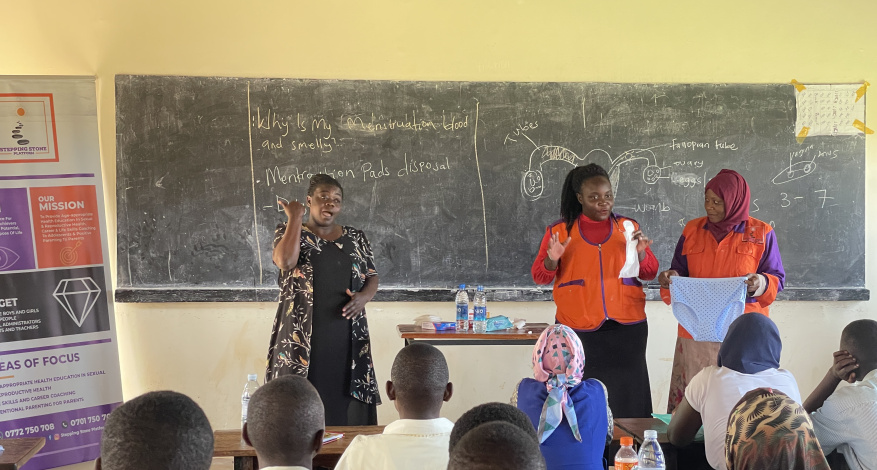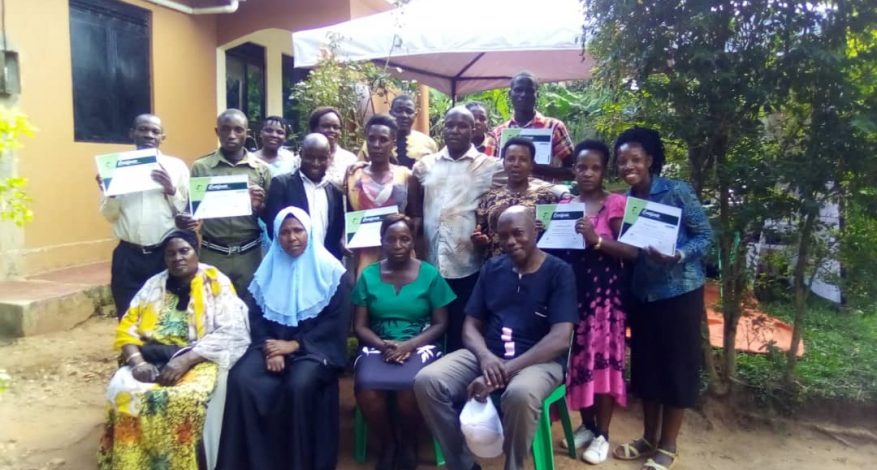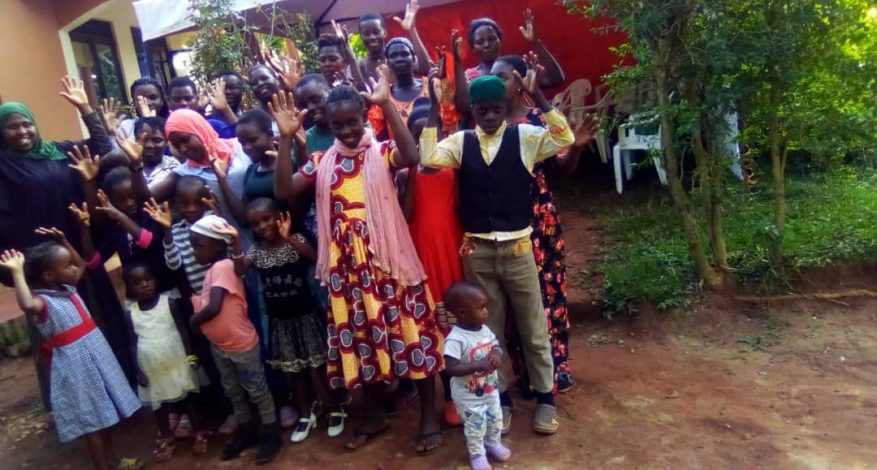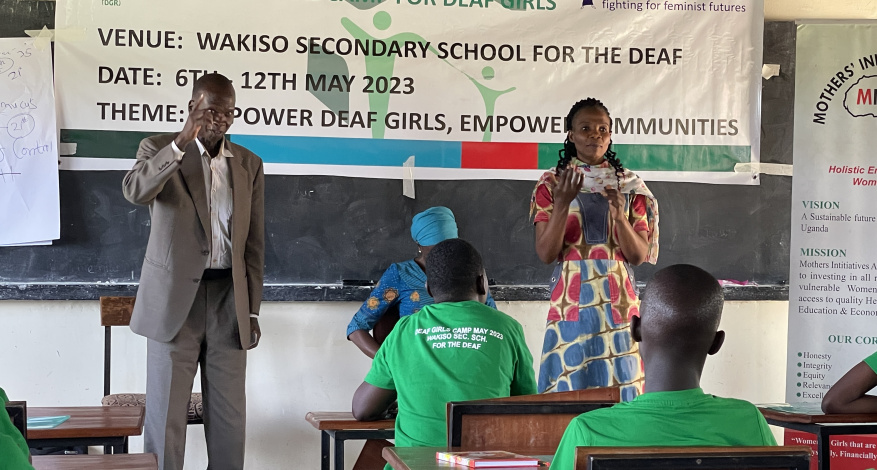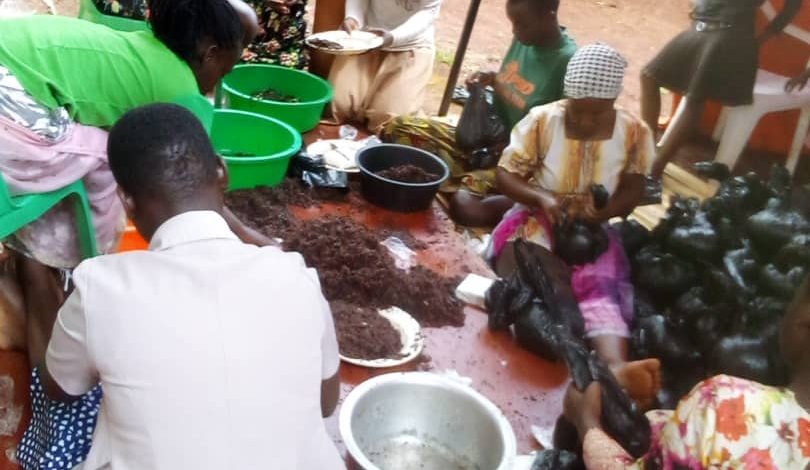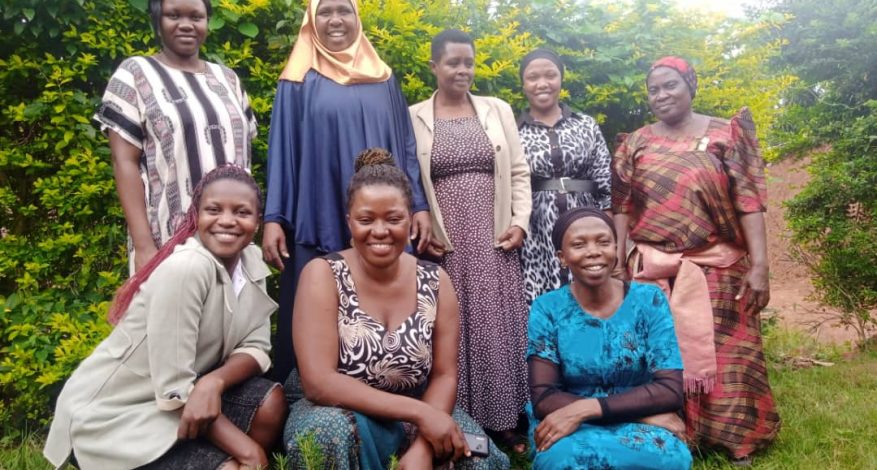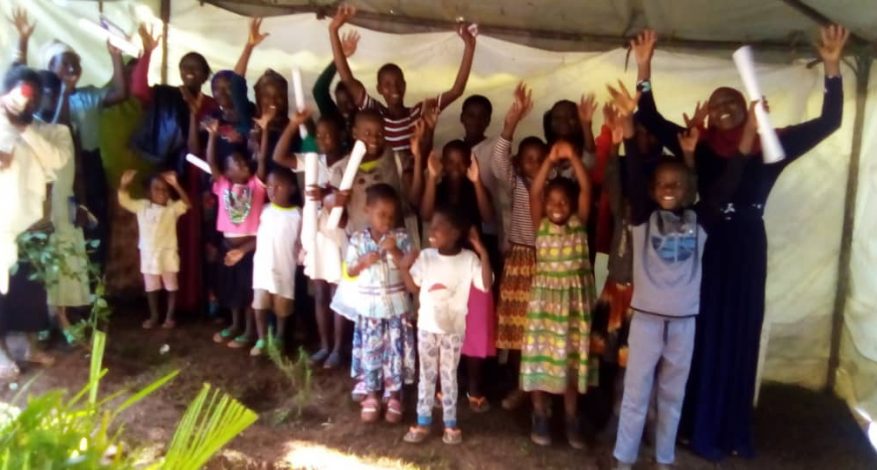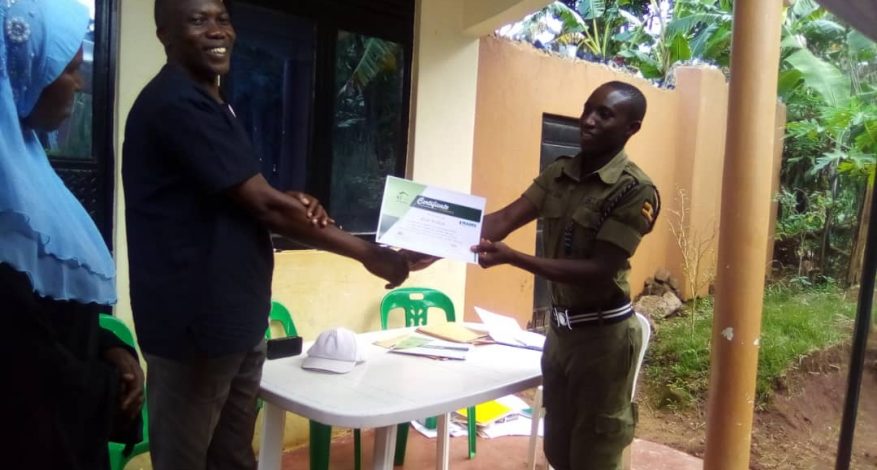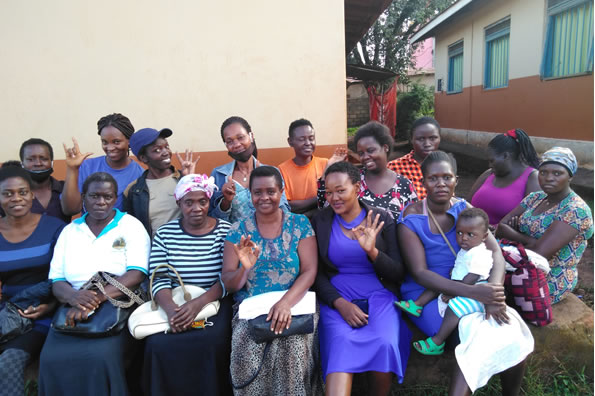Due to poverty, ignorance and gaps within the education policies to benefit deaf girls, majority are never enrolled in school and thus high prevailing rates of illiteracy. This has many negative consequences on deaf girls’ rights, for instance, if they cannot count, then it is hard for them to independently operate any business however small it may be, as they are unable to count money. On the other hand, if their rights are violated and they have literacy skills, they are able to report to authorities by writing down what was done to them and this is not possible for an illiterate deaf girl.
Education
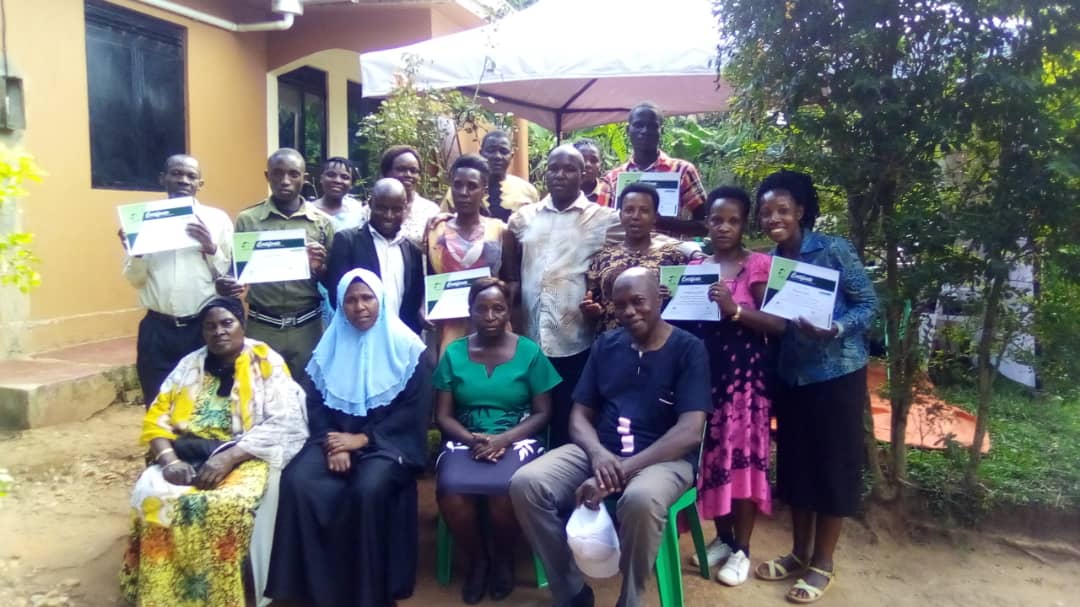
Service providers (health workers, teachers, police and members of the local council) pose for the photo with their certificates shortly after concluding a four days training in April 2022. From left to right is Ms Sarah Nabatanzi representative of parents of deaf girls. Rehema Namarome the Chief Executive Officer of Deaf Girls Rescue. Ms. Samali the inspector of schools in charge of special education and Mr Wamala the senior inspector of schools Wakiso District who was the chief guest during the closure of the training.
Research
To facilitate effective advocacy, evidence based data/information is paramount. This program therefore focus on collection, documentation and dissemination of information in regard to deaf girls rights (education, health, access to justice, among others).
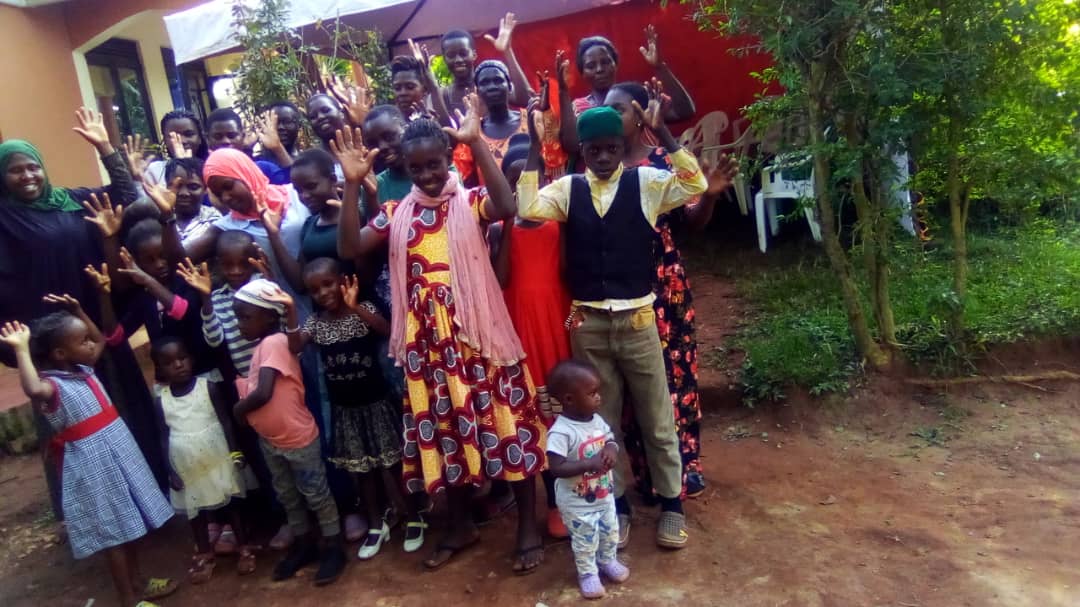
Deaf girls and members of their house holds after the 3 days training in basic sign language communication training in April 2022
Reproductive Health
Sex education to girls here in Uganda is done in school and at home. The educators are teachers and peers, parents especially mothers, other family members like the paternal aunties and big sisters. Due to communication barrier, the deaf girls miss out on this and have faced many negative consequences. It is important to note that sex abuse is one of the most common violence faced by deaf girls here in Uganda and the perpetrators walk away minus punishment. This program teaches deaf girls about puberty, personal care and hygiene, HIV/AIDS and personal safety (including avoiding defilement/rape) and what to do in case one becomes victim.
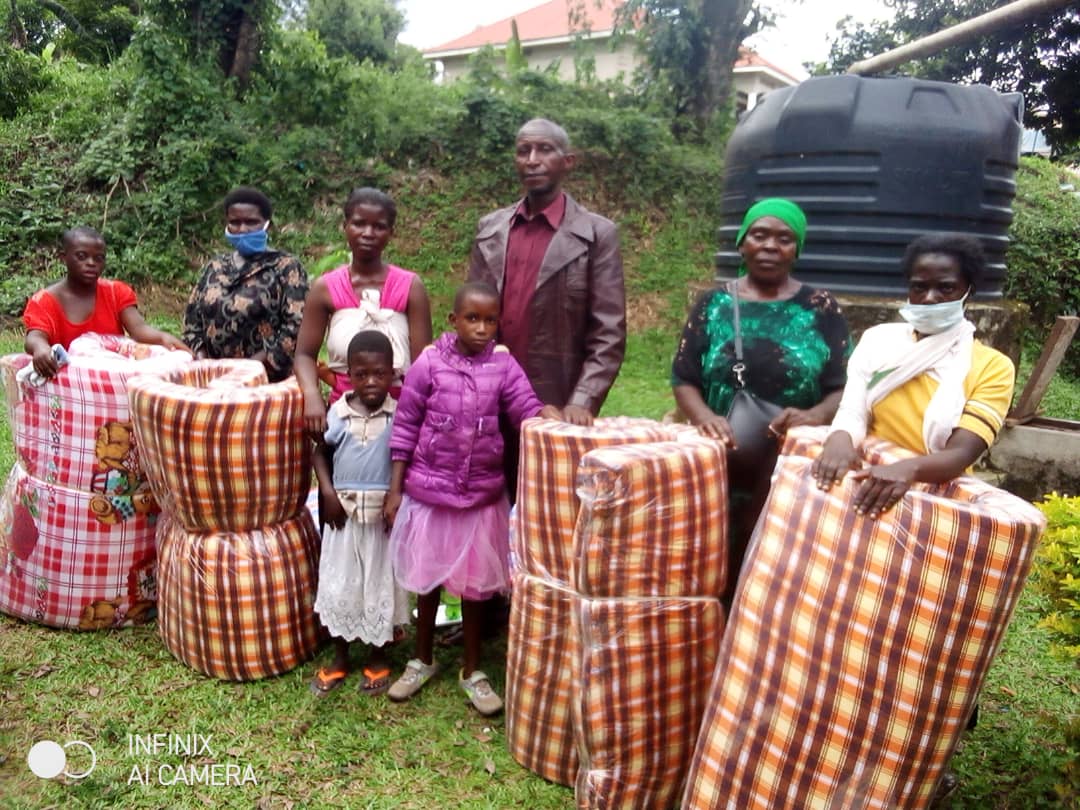
Deaf girls who benefited from mattresses distributed by the Wakiso District Local Government during the celebration to mark the international day of the disabled in December 2021
Economic Empowerment
Majority of deaf girls are born in poor families. The cost of living is too high for them and they can hardly afford the basic necessities of life. DGR works to address this challenge amongst the deaf girls and their household, through training and linking them to existing economic opportunities/resources. This includes the special grant for persons with disabilities and the National Disability Grant. Poverty has played a big role in contributing to the rights violation against deaf girls. Putting in place easy strategies to overcome it for deaf girls and their families goes a long way in enhancing their rights enjoyment.
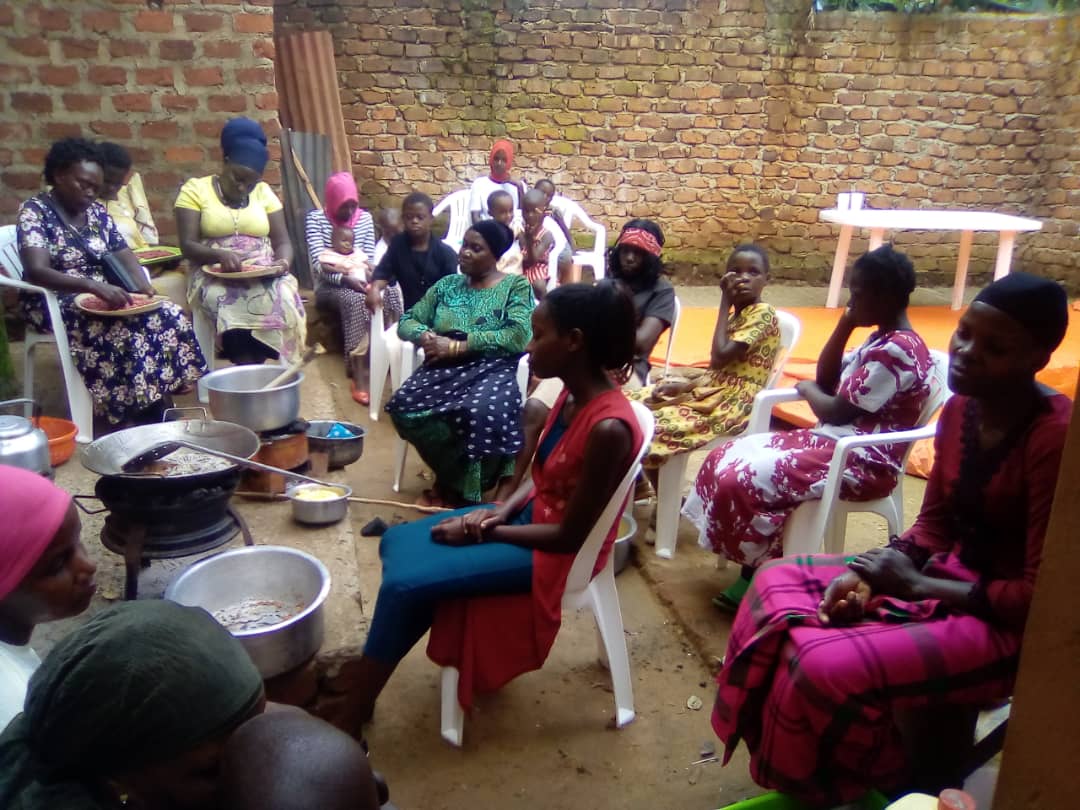
A team that was thought baking and preparing snacks for sale. This was composed by deaf girls and members of their house holds
Mobilisation
Adequate data on deaf people, including deaf girls is almost non-existent. One may assume that deep at the grassroots levels the community leaders (Local Council I chairpersons) have data on the deaf people/girls in their community. It is surprising to note that majority are ignorant of their existence within communities of their jurisdiction. Other alternative way of mobilizing them could be use of community radios which DGR has also utilized. Surprisingly not even one family of the deaf will heed to the information because of stigma. So the most effective method is moving from one home to another looking for the deaf girls and that is what DGR is currently doing. However, it is so tiring and expensive in terms of resources like money and time.
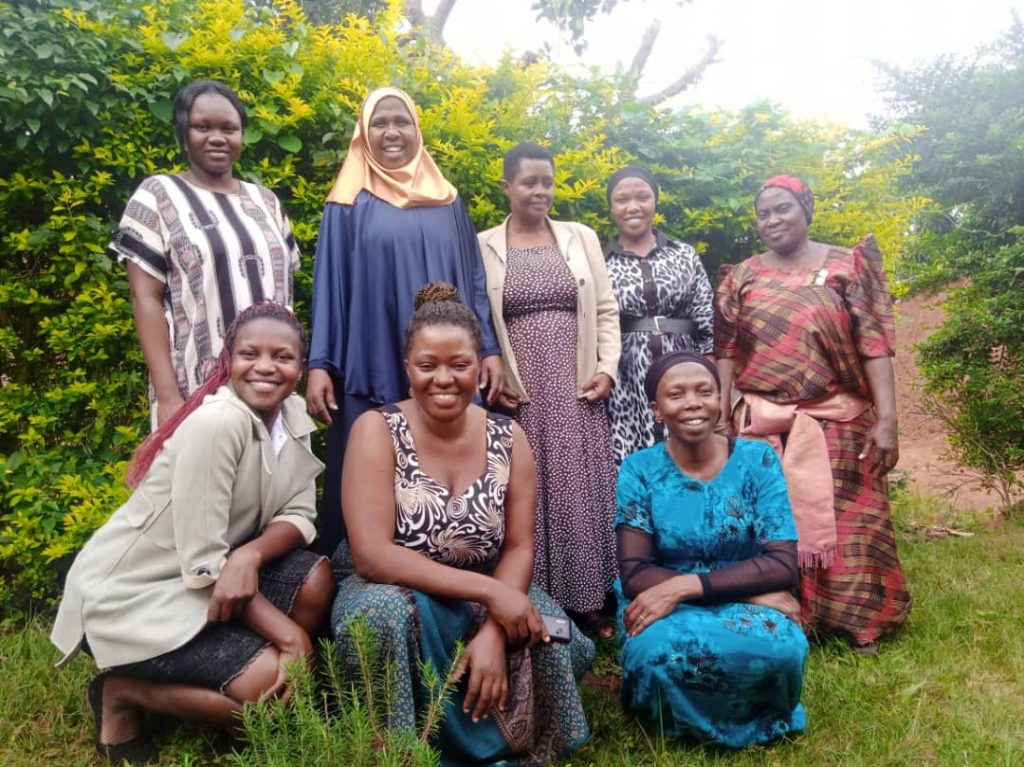
Staff and board of trustees of deaf girls rescue shortly after developing a 5 year strategic plan.
Sign Language Training
Deaf Girls do not physically live in their own world. Communication barrier has greatly contributed to rights violations against the deaf girls. Bridging the communication gap amongst the deaf girls and between them and the hearing community is instrumental for them to realize their rights. The best way to do this is training them and their key stakeholders, especially their parents/guardians in Uganda Sign Language Communication Skills. In so doing, they are able to communicate what they desire to their household members or key service providers either directly (if the service provider knows Uganda Sign Language) or indirectly with use of sign language interpretation services.
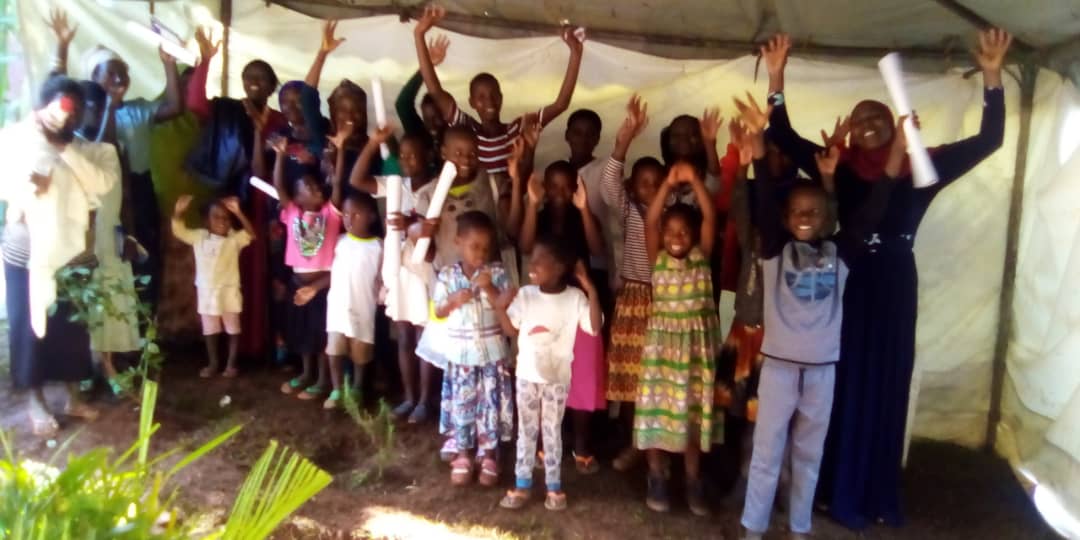
Deaf girls and members of their households pose for a photo after training in basic sign language in 2020. This was the first group which was trained.
Lobbying and advocacy
Having positive laws in favour of deaf girl’s rights is vital in realizing their rights. Laws alone are not adequate as making them functional to benefit the target group is equally important. We note that Uganda to a large extent has a positive legal framework for rights promotion and protection for deaf girls. Implementation of these laws, especially at the grassroots level is so minimal. This program thus roots for the implementation of such laws.
Public Education
This program specifically focuses on awareness raising on deafness including causes, effects, laws, duties and rights, relating/communicating with a deaf person. The family/household members, policy makers and implementers (including the police, health workers) are the key targets. This plays a big role in creating positive attitude/practices towards deaf people, especially the girls.
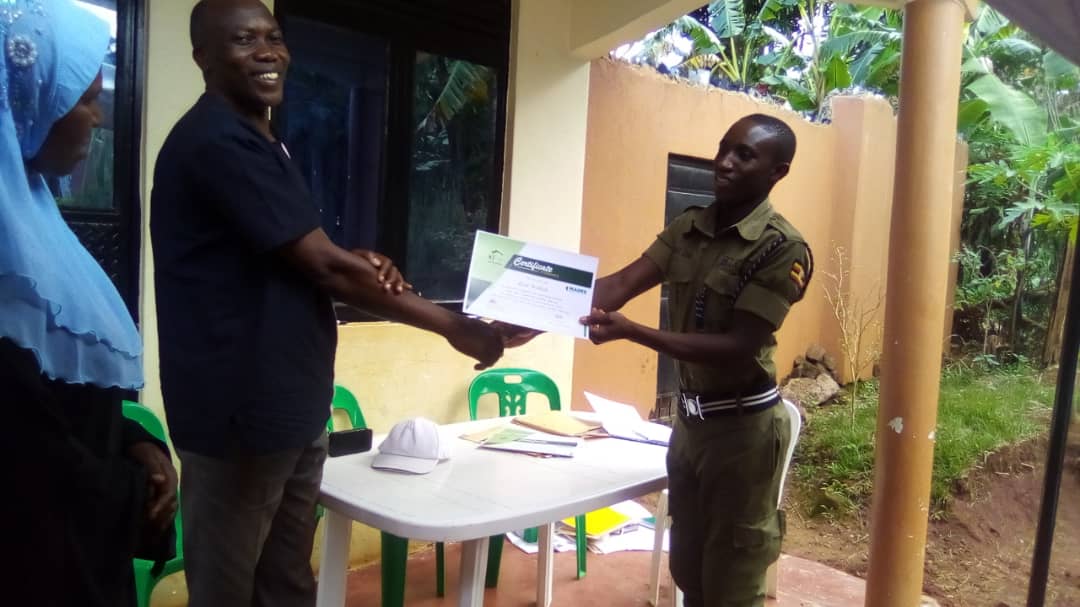
Senior Inspector of schools in Wakiso district handing over a certificate to one of the participants of a four days Uganda sign language training in April 2022.
